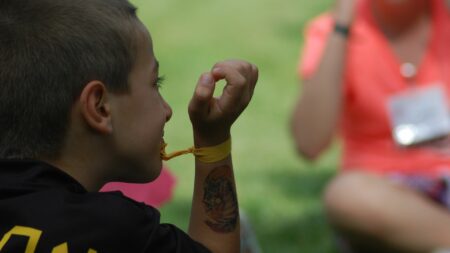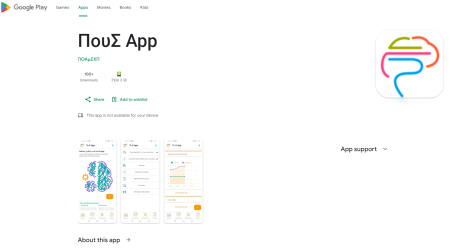
New Multilingual Guide on Paediatric MS from Italy
21.05.2024Understanding Paediatric MS
Diagnosing multiple sclerosis (MS) is always challenging, but it’s especially true in children. Early symptoms can be subtle, temporary, and mimic other childhood illnesses.
While MS is often considered an adult disease, it’s crucial to remember that children and adolescents can also develop it. In fact, it’s not uncommon for adults with MS to trace the origins of their illness back to childhood or adolescence.
The Italian MS Society Offers Support to Families
The Italian Multiple Sclerosis Society (AISM) has just published a valuable new guide for parents facing a child’s diagnosis of MS, or a possible MS diagnosis based on their child’s symptoms.
This concise resource provides parents with essential information to better understand the disease. It also offers practical guidance on navigating potential changes to family routines and empowers parents with answers to the inevitable questions and concerns that arise with a new diagnosis.
The “Paediatric MS” guide is available not only in Italian, but also in English, French, and Spanish.
Commitment to Supporting Families with Paediatric MS
Founded over 50 years ago, AISM has a long history of serving the needs of people with MS, their families, and caregivers. This new guide exemplifies their ongoing commitment to supporting families affected by Paediatric MS, alongside their other initiatives.
EMSP also recognizes the unique challenges faced by caregivers of children with MS. Our initiative, “Recommendations for Paediatric MS Caregivers” aims to improve care for children and adolescents with MS by ensuring their caregivers are better equipped to deal with challenges and receive targeted support within their national systems. This initiative also helps identify gaps in current support systems, policies, and legislations to provide optimal support to caregivers of paediatric MS. Parents or other carers need psychological, informational, and financial support to allow them to best support the child’s wellbeing along with their own.
 Your Account
Your Account


